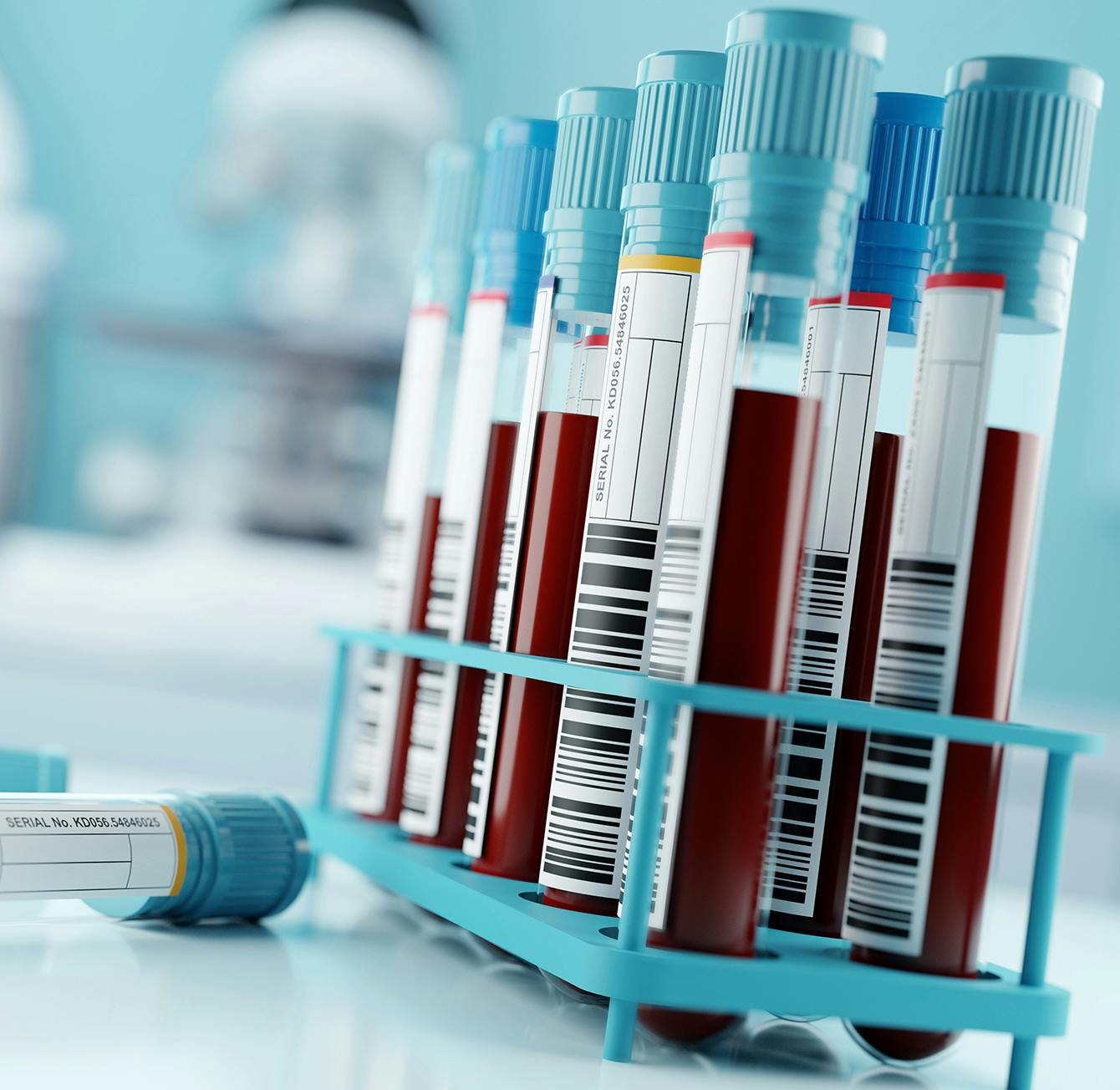A culture is a quick, safe, and very effective diagnostic test that can identify the precise organism that is causing an infection in the ear, nose, and throat area.
Tips for Preventing Antibiotic Resistance
Cultures are becoming more important because of the rise in antibiotic resistance.
Antibiotics are medicines that can prevent and treat bacterial infections. When the bacteria changes in response to the use of these medications, it is known as antibiotic resistance. It is a major threat to global health that is making previously common infections much more difficult to treat.
There are steps individual patients can take to prevent antibiotic resistance. They include:
- Only using prescribed antibiotics
- Always follow your doctor’s instructions when taking antibiotic medication
- Completing the full treatment course of all antibiotics
- Never sharing or using leftover antibiotics




